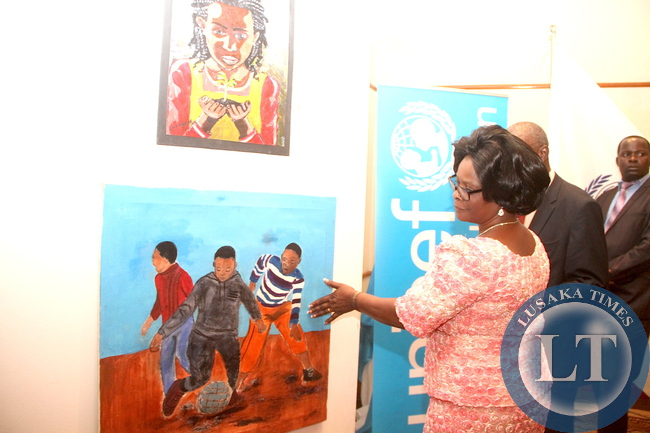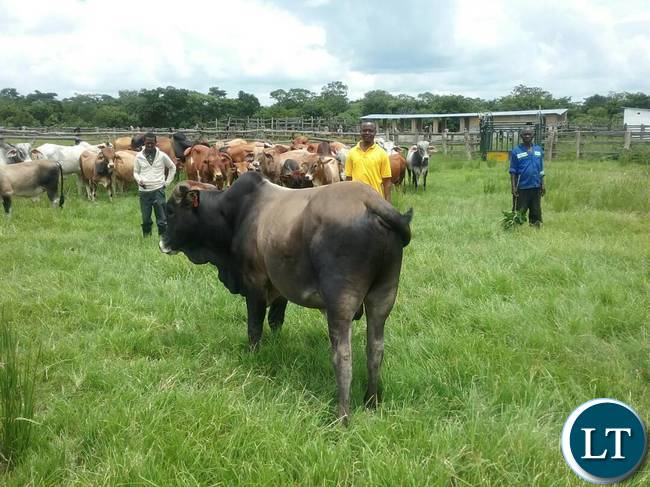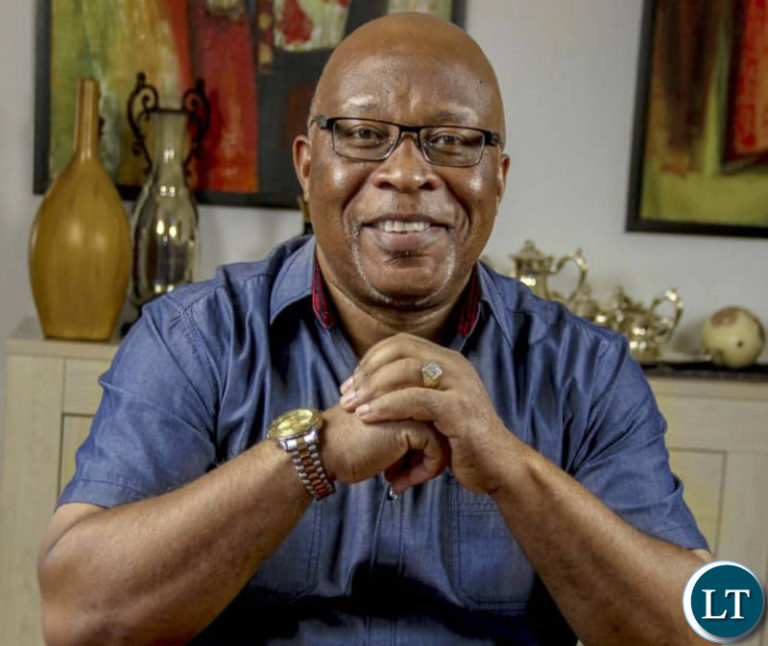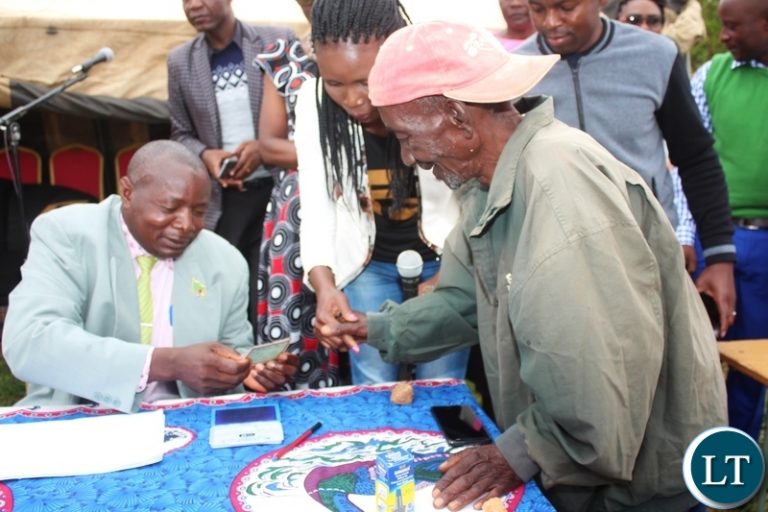By Dr Parkie Mbozi
In boxing they say you need a technical knock out to bring down a champion. I will piggyback on this analogy and argue that in politics, you need a conglomerate of movements and an all-inclusive well-oiled team, which is holding the centre, to bring down the party in power.
Both Donald Trump and Joe Biden had connections to, and endorsement from, numerous movements. However, Biden’s election as the 46th President of the United States of America was to a large extent due to having more effective connection with, and use of, a movement of movements. His win offers to our local political parties a lesson about the rewards of putting together a coalition of movements to unseat the party in power and effect regime change. Short of a coalition of movements, the task is a lot harder. I will triangulate the Biden example with some local examples of the triumph of movements.
A movement is a type of informal social organization where several people form a group in order to collectively achieve changes in policies or social values on a local, national or global level. The goals of movements are often about making an impact on policy in the political sphere or achieving social or political change in general. Among the several types of movements, of interest in politics and for this article is mass civil movements, which are galvanized around a common goal of regime change. In the case of Zambia, movements exist around such special interest as gender, rights of special interest groups (e.g. disabled, children, minorities, etc.), labour matters, student affairs, religious affairs, youths, farmers, miners, etc.
Ideologies and/or policies play a large role in movements and individuals that are a part of a movement usually have a similar ideological reasoning for their participation. The ideologies can be very oppositional to the current political system, and how it operates in comparison to the goals that the members of the movement aspire to achieve. This ideological difference shapes the message of the political movement.
Relation to political parties
Movements are different from political parties since movements are usually focused on a single issue and they have no interest in attaining office in government. A political party, on the other hand, seeks to influence or control government policy through conventional methods, with the ultimate goal of taking over government. Political parties and movements both aim to influence government in one way or another and both are often related to a certain ideology.
There are two models with which movements play a part in regime change: either form their own party or support a party they whom they believe will take care of their interests once in power. Examples of movements that turned into political parties include the 15-M Movement against austerity in Spain, which led to the creation of the populist party called Podemos. In Brazil the labor movements helped form the Brazilian Workers Party. These types of movement parties serve to raise awareness on the main issue about which they feel that the established parties may have neglected in the past. I can’t think of any Zambian interest group that turned into a political party. Please help if you can.
Our interest in this article is model 2, in which social movements rally behind a political party with whom it shares an ideology or goals. That is the model the Biden group capitalized on to enforce regime. When Biden addressed the nation for the first time as president-elect, he said that his victory was supported by “the broadest and most diverse coalition in history.”
Indeed, Biden won because he was able to galvanise more interest groups then Trump. Wikipedia reports over 14 notable parent movement of movements which endorsed Biden’s campaign. Some of the organisations boast of affiliates ranging from two to over 60 and huge following of individual members.
These are: 1. Activist groups (with 53 affiliate movements). The affiliates include the all-powerful Black Lives Matter; Millennial and Generation Z-led progressive (representing over eight national ‘progressive’ youth movements); Jewish Democratic Council of America (JDCA), Friends of the Earth, Coalition to Stop Gun Violence (CSGV), The Human Rights Campaign (HRC), which is the largest LGBTQ advocacy and political lobbying group, National Organization for Women (NOW), The People’s Alliance (PA)), etc.
2. Labor unions: National, state and international unions (representing 64 affiliates). The notable affiliates include: American Federation of Government Employees (AFGE), American Federation of Musicians of the United States and Canada; American Federation of Teachers (AFT); 3. Newspapers, magazines, and other news media organizations; 4. Political organizations (representing 46 formations); 5. Political parties (six international; 53 State and territorial; three local and one national – The Working Families Party (WFP))
Others were: 6. Eight Influential Websites; 7. Congressional Delegations (three groups); 8. Native American Tribes; 9. Towns; and 10. Companies and private enterprises (representing eight major companies). All these and other movements ad their affiliates and individual members played a significant role in Biden’s win.
The Movement for Multiparty Democracy (MMD) offers us a good example of present-time effective use of movements in Zambia. The MMD was conceived on 20 July 1990 at a meeting at the Garden Hotel in Lusaka convened by Derrick Chitala, Mbikusita Lewanika and a few academics. The gathering included various movements and groups – academia, trade unions, Law Association of Zambia (LAZ), student bodies, civil society and disillusioned individuals, some of whom had held posts under the UNIP government. The movement’s first task and galvanizing goal was to fight for the re-introduction of multiparty politics after 18 years of UNIP’s one-party rule and 27 years of Kenneth Kaunda’s hold on power.
The movement became a political party following the repeal in 1990 of Article 4 of the Republic Constitution to allow for the formation of parties other than UNIP. Growing opposition to UNIP’s monopoly on power, due in part to economic problems, led to the formation of the MMD. Prof Momba writes that, “More simply, however, it might seem that most people wanted a change after 27 years of UNIP government, and MMD leaders won public support by exploiting both this ‘voter fatigue’ and the global shift away from one-party systems.”
After registration on 4 January 1991, MMD’s focus shifted to ending UNIP’s 27-year rule. Multi-party general elections were held on 31 October 1991, which saw the MMD sweep to power in a massive landslide. Chiluba was elected president with 76% of the vote to Kaunda’s 24%, whilst the MMD won 125 of the 150 elected seats in the National Assembly. To-date the MMD’s and Chiluba’s win reman a record landslide in Zambia’s multiparty history.
Analysts say to win the 2011 election, PF founding President Michael Sata capitalized on a form of political mobilization called ethno-populism, a combination of populism and ethnically based mobilization. Scott Kistner writes that, “By targeting both ethnic-based and populist demands, though difficult, a political leader can assemble a vast and wide-ranging support base.” This strategy can be attributed for the broad support base that the PF enjoyed among some of the country’s interest groups, such as the Catholic church, some trade unions, unemployed youths, etc.
In conclusion, a political party aspiring to unseat the ruling party needs a movement to achieve this goal. A movement is more than just a clique of followers of the party and its leader. It is a mass movement, and its leadership goes beyond a clique of ‘insiders’ or ‘founder members’ or ‘loyalists. It is organised around an all-embracing, all-inclusive and selfless formation, which focusses on the bigger picture rather than self-interests.
As Martin Luther King Jr said, “A social movement that only moves people is merely a revolt. A movement that changes both people and institutions is a revolution.”
The author is a Research Fellow with the Institute of Economic and Social Research, University of Zambia. He is reachable on pmbozi5ATyahooDOTcom.














